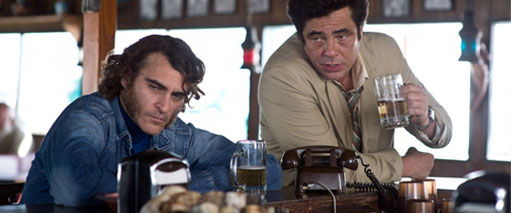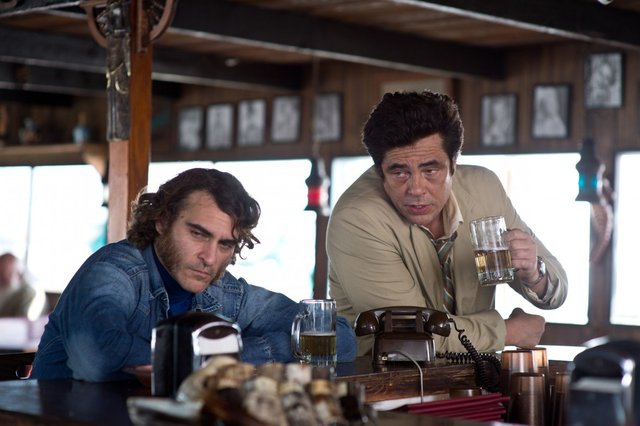Film Review: Inherent Vice
Trippy Mystery Gets Lost (Albeit Pleasantly) In A Fog Of Drugs And Weirdness


“Why did you change your name from Leaf Phoenix? Leaf Phoenix was awewome. ... What’s the matter


